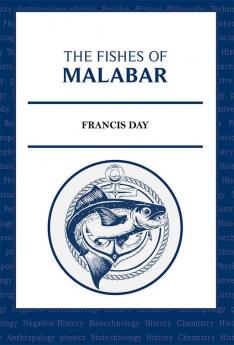English
Hardback
₹1706
₹1895
9.97% OFF
(All inclusive*)
Delivery Options
Please enter pincode to check delivery time.
*COD & Shipping Charges may apply on certain items.
Review final details at checkout.
Looking to place a bulk order? SUBMIT DETAILS
About The Book
Description
Author
To study the wants of a people to inquire into the history language habits and customs of a nation is generally deemed a duty on the part of its rulers: but hardly any objects of research are more worthy of the attention of a Government than the source whence the food of the population is derived or the nature of the articles most adapted for its manufacturing processes or best fitted in the raw state for its home or foreign trade. In India the details of Native agriculture have been carefully studied if they have not been improved; the earth has been ransacked for its minerals; the forests have been explored for their timber; the land for its agricultural capabilities even the atmosphere for its meteorological variations; and in all these mattes Government has wisely show its interest; but the fish with which the fresh water of Hindustan teem and which abound in the seas that wash her coasts have rarely met with attention from those in authority or even from individuals whose private tastes have led them towards the cultivation of zoological science. In the British possessions in the East no branch of natural history has received less assistance than Ichthyology; its utility seems to have been questioned its utility seems to have been questioned its scientific value nearly ignored. Searching among the records of past times we find that so long ago as 1777 the Dutch East Indian Company directed the Governor of Cochin then their chief town in India to send them information on all branches of natural history and the allied sciences; but though rare animals and birds were ordered to be transmitted to Europe in spirit fish were not specially allowed to. On the capture of Cochin in 1795 the whole of Malabar came under British rule; but so little has since been done in inquiring into its natural riches that the National Collection in London* appears to have obtained one solitary ichthyological species from the whole of that territory in the course of seventy years during which period the French and other European collection have received and preserved much of what we have neglected and observations on the sea fishes of Western India are to be sought for not in English works nut in proceedings of French Societies and in the splendid “Historie Naturelle des poissons” of Cuvier and Valenciennes.
Delivery Options
Please enter pincode to check delivery time.
*COD & Shipping Charges may apply on certain items.
Review final details at checkout.
Details
ISBN 13
9788180943645
Publication Date
-17-02-2023
Pages
-350
Weight
-563 grams
Dimensions
-152.4x228.6x19.98 mm








